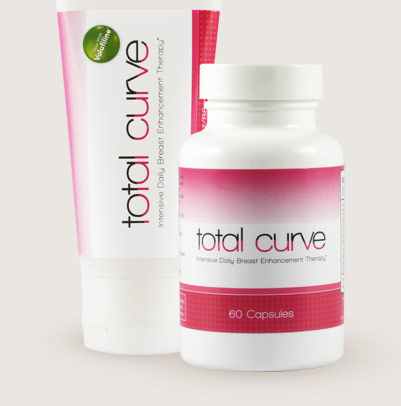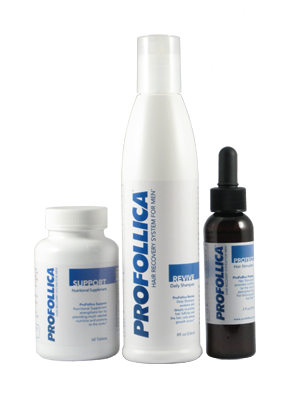Women's Health Issues
Women's health concerns involve health issues unique and specific to the female gender. These are conditions brought about by hormones that are female specific, or relate to structures unique to females such as their reproductive organs and breasts
|
Scientific research has consistently shown clear disparities in the degrees of susceptibility to illness, symptoms, and response to remedial treatment between men and women. Let's have a look at some of the top health issues affecting women today. |
 |
Women's Reproductive Health Issues
These reproductive concerns are at the core of women's health Issues.
Premenstrual Syndrome: A wide spread condition that affects an estimated 40% of women
in the last two weeks of their menstrual cycle. PMS is thought to be caused by fluctuating hormone levels and brain chemistry. Bloating, mood swings, fatigue, abdominal pain, and food
cravings are some of the symptoms associated with PMS.
Menstruation: This one comes with its own set of issues. Heavy and/or painful periods, absence
of and/or irregular periods. While it's normal for women to miss their periods due
to pregnancy or breastfeeding, some women miss their periods without experiencing any of these conditions - a major cause for concern.
Menopause: Cessation of menstruation heralds the beginning of menopause, and another whole new set of symptoms. Hot flashes, vaginal dryness, urinary incontinence, thinning of the skin, bone loss, elevated low-density lipo-protein levels (the "bad" cholesterol) that increases the risk of heart attack from a sudden blood clot in an artery narrowed by atherosclerosis.
Female Sexual Arousal Disorder (FSAD): A persistent and frequent inability to sustain the lubrication-swelling combination of sexual arousal. This disorder is characterized by lack of vaginal lubrication together with decreased clitoral and labial sensation and engorgement.
Sexually-Transmitted Diseases: A woman’s anatomical makeup increases her vulnerability to infection compared to a man. The lining of the vagina is thinner and more delicate than the skin on the male "member," making it easier for viruses and bacteria to penetrate. The warm and moist vaginal environment is also very conducive to bacterial growth.
Prenatal Health: Preparing for the challenges of carrying a child, setting a solid foundation for child nourishment during pregnancy and the health care needed while pregnant.
Prenatal care helps to keep mother and baby
healthy, enables early detection and treatment of any arising health issues, and prevention of others.
Other Women's Health and Wellness Issues
Breast Cancer: Prominent risk factors include advanced age, a sedentary lifestyle, poor diet, obesity, earlier than expected onset of menstruation (before the age of 12) or late onset of menopause (after the age of 55), and a family history of breast cancer.
Type 2 Diabetes and Obesity: The most prevalent type of diabetes. Obesity increases susceptibility to this type of diabetes. Poorly managed diabetes can lead to complications such as nerve damage, kidney problems, eye problems, and heart
disease.
Heart Health and Disease: The leading killer
of women in the United States. Key risk factors
include: Obesity, diabetes, high blood pressure, high cholesterol, smoking, menopause, and a sedentary lifestyle.
Aging
and Longevity Concerns: Unstable free radical molecules are some
of the major causes of premature aging. Although the forward march of time can not be stopped, it's still possible for you to live a long and
fulfilling life. There are many great
anti-aging supplements that are specifically designed to tackle
longevity issues.
Depression, Anxiety and Sleep Disorders:
Depressions is that "down in the dumps" feeling. It affects more women
than men. Anxiety disorders are characterized by repeated, extreme and
irrational levels of anxiety, worry or fear. Sleep
disorders are characterized by bizarre sleeping patterns detrimental to mental, physical and emotional well-being.
Simple Preventive Measures
Some women's health Issues may seem life threatening at first glance but that doesn't have to be so. The good news is that these conditions are, in fact, preventable.:
Do whatever you can to lead a healthy lifestyle. Staying physically active. Putting in 30 minutes of exercise at least three times a week. Giving up smoking, and getting regular checkups will do you a lot of good.
Eat a diet
rich in
complex carbohydrates made from whole grain cereals. Increase the
variety and amounts of brightly colored fruits and vegetables you
consume. Include anti-oxidant rich foods to zap those free radicals "dead" before they inflict damage to your cells and...
Do "mental
fitness" exercises such as crosswords, memory games and other forms of brain training to keep your mind sharp and alert for life.
Related Articles
Breast Enhancement Program to Increase Volume Size and Lift Naturally
Read in Your Language
Sign up for our Email newsletter


*** Comments
Have your say about what you just read! Leave me a comment in the box below.